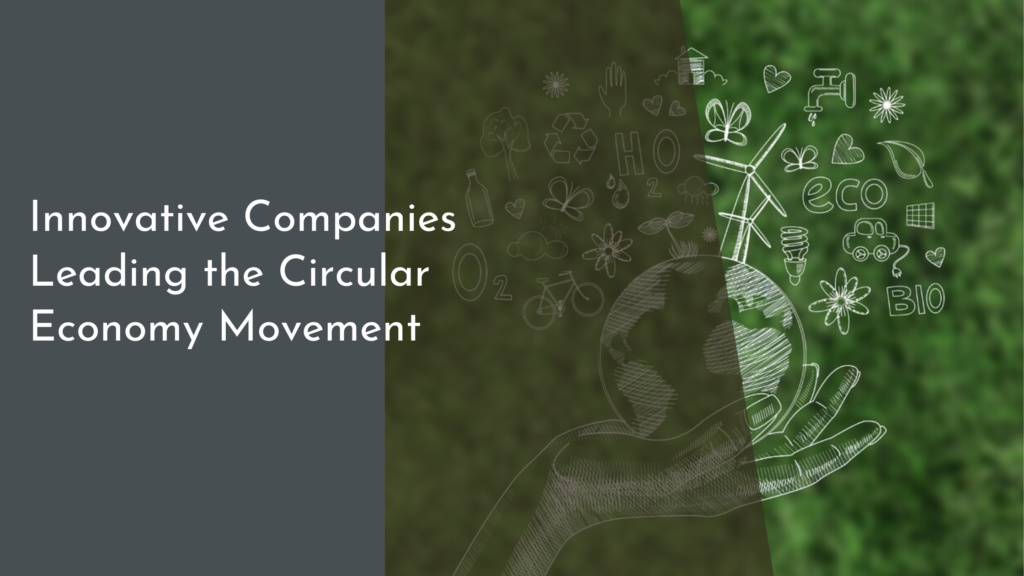Urban Plastic Pollution and Sustainable Mitigation Strategies
Urban plastic pollution is fast becoming one of the most pressing environmental challenges in our cities. With the global population increasingly gravitating towards urban areas, the surge in plastic consumption and waste is overwhelming local infrastructures, leading to dire consequences for both human health and the environment. From the bustling streets of Tokyo to the vibrant markets of Mexico City, plastic waste is ubiquitous, clogging waterways, harming wildlife, and even entering our food chains. This situation calls for urgent action, innovative thinking, and collective efforts to create sustainable solutions.
In this article, we will explore the multifaceted dimensions of urban plastic pollution and delve into creative and effective mitigation strategies that cities across the globe are implementing. The focus will be on understanding the roots of this challenge, examining successful local initiatives, and discussing how communities can come together for a cleaner, greener future. Let’s embark on this journey towards sustainability with a cheerful outlook and a commitment to change!
Understanding Urban Plastic Pollution: A Growing Challenge
Urban plastic pollution stems from various sources, including single-use plastics, packaging waste, and inadequate waste management systems. As urban areas expand, so does the reliance on plastic products, which are often perceived as convenient and cost-effective. However, this convenience comes at a high environmental cost. Plastics take hundreds of years to decompose, creating a toxic legacy that threatens local ecosystems and human health. The stark reality is that cities generate millions of tons of plastic waste annually, much of which ends up in landfills or, worse, leaks into the natural environment.
Additionally, the problem is exacerbated by a lack of public awareness and insufficient recycling facilities. Many residents are unaware of the impact of their plastic use and disposal, leading to increased littering and contamination of recyclable materials. Without a robust infrastructure for waste management and recycling, urban landscapes can quickly become overwhelmed by plastic debris. Understanding these challenges is crucial for developing effective solutions and fostering a culture of sustainability within urban communities.
Creative Solutions: How Cities are Tackling Plastic Waste
In response to the growing crisis of urban plastic pollution, cities worldwide are implementing innovative solutions that not only address waste management but also promote community engagement. One notable approach is the introduction of “zero waste” initiatives, where municipalities aim to divert waste from landfills by promoting recycling, composting, and the reduction of single-use plastics. Cities like San Francisco have set ambitious goals, achieving a diversion rate of over 80% through comprehensive policies and community participation. This proactive stance not only mitigates plastic waste but also inspires residents to adopt more sustainable practices.
Moreover, urban areas are beginning to invest in advanced waste management technologies, such as waste-to-energy facilities and automated sorting systems. These innovations allow cities to efficiently process large volumes of waste while minimizing their environmental impact. In addition, many cities are partnering with local businesses to create plastic-free zones or to encourage the use of biodegradable alternatives. By fostering collaboration between governments, organizations, and citizens, urban centers are leading the way in the fight against plastic pollution.
Sustainable Strategies: Innovating for a Cleaner Future
Sustainable strategies for combating urban plastic pollution often involve a holistic approach that encompasses education, policy reform, and community engagement. Educational campaigns aimed at raising awareness about the environmental impacts of plastic waste have proven effective in changing consumer behavior. Schools, community organizations, and local governments are working together to teach residents about the importance of reducing plastic use and adopting sustainable alternatives. Workshops, clean-up events, and outreach programs empower individuals to take action, fostering a culture of responsibility and environmental stewardship.
Another crucial element is the implementation of extended producer responsibility (EPR) policies, which hold manufacturers accountable for the lifecycle of their products, including disposal and recycling. By incentivizing companies to design products that are easier to recycle and reducing the overall use of plastics, cities can create a more circular economy. Furthermore, innovative projects such as urban gardens and green roofs promote biodiversity while repurposing plastic waste into new materials. These sustainable strategies not only help in reducing plastic pollution but also contribute to a healthier urban environment that benefits everyone.
Join the Movement: Empowering Communities for Change!
Empowering communities to take action against urban plastic pollution is key to achieving long-lasting change. Residents are encouraged to participate in local initiatives, such as organizing clean-up drives, advocating for policy changes, and supporting businesses that prioritize sustainability. By fostering a sense of community and collective responsibility, neighborhoods can create a powerful movement that challenges the status quo and promotes a cleaner urban environment. Social media campaigns and local events can amplify these efforts, inspiring others to join the cause and spread awareness about the impact of plastic pollution.
Additionally, creating platforms for dialogue among residents, local authorities, and businesses fosters collaboration and innovation. Town halls, workshops, and online forums provide spaces for sharing ideas and solutions, generating a supportive network of environmentally-conscious individuals. By rallying together and making conscious choices, communities can drive systemic change that not only addresses plastic waste but also enhances the overall quality of life in urban settings. Together, we can turn the tide against urban plastic pollution and pave the way for a sustainable future!
While urban plastic pollution presents significant challenges, it also sparks incredible opportunities for creativity and innovation. Cities are stepping up to the plate, and with the collaboration of communities, organizations, and individuals, we can turn the tide against plastic waste. From empowerment and education to sustainable strategies and creative solutions, every small step contributes to a larger movement toward a cleaner, healthier urban environment. By coming together, we can not only envision but actively create a future where urban landscapes are free from plastic pollution. Let’s embrace this challenge with optimism and determination, leading our communities towards a sustainable tomorrow!


